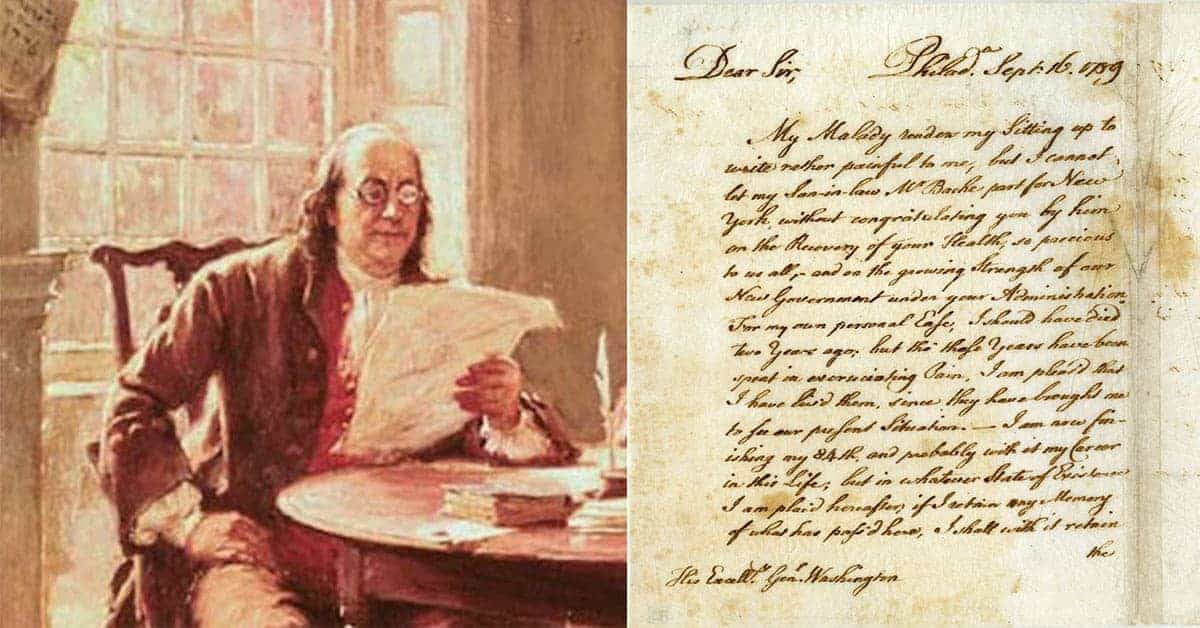Benjamin Franklin identified himself throughout his life as a printer. He was that, but his interests and contributions to humanity far exceed the mere production of words on a page. He was a prolific writer on diverse topics, including philosophy, weather, humor, political opinion, the nature of governments, the nature of man, science, and more.
His experiments and observations in electricity informed scientists in Europe, with whom he corresponded as an equal. He was a shrewd and effective diplomat, representing first the colonies to an increasingly hostile government in England, and then to a French court from whom he obtained a treaty of alliance, helping America to gain its independence.
He provided a steady and calm presence to the Second Continental Congress, helping to smooth over frequently contentious and always emotional debates over America’s future. He repeated that role at the Constitutional Convention when the delegates reached impasse after impasse, guiding the opposing factions to find workable compromises. He founded America’s first free lending library and was instrumental in establishing its first urban fire department. Both his native Boston and his adopted Philadelphia honor him, and he is equally memorialized in London and Paris.
A man of contradictions, Franklin invented a wood stove which served to heat drafty rooms more evenly than a fireplace, but he espoused the healthful benefits of “air bathing” – the practice of sitting naked before an open window in cold air. He was fond of swimming and was often spotted swimming stark naked in the waters of the Schuylkill River in Philadelphia, or the Seine in Paris.
Related: Benjamin Franklin Loved to Compose In The Nude!

He developed a musical instrument in which glasses with varying amounts of water therein were transported via a revolving mechanism to within reach of the player’s fingers. The musician rubbed his fingers on the rims of the glasses to produce musical tones. Mozart wrote several pieces specifically for harmonica, so would Beethoven in a later day. His advice was sought in all areas of expertise, including the subject of women and marriage.
Some of Franklin’s most memorable and humorous observations – and advice – were on the subject of women. When Franklin first went to France he was well into his seventies, but he rapidly became to women what today would be known as a sex symbol. Franklin played that role to the hilt, and used it to enhance his – and by extension America’s – image as a virile and active nation. The role continued in his personal life, where he was always something of what was called a rake in his day, – a womanizer – and his musings in published works and private letters reflected his attitudes.
It is sometimes difficult to determine when he is merely being amusing and when serious, but his letters on the subject of women – while probably not considered politically correct today – remain pertinent. One of the most famous, and infamous, was a letter of advice addressed to one young man, but clearly intended for all young men.

